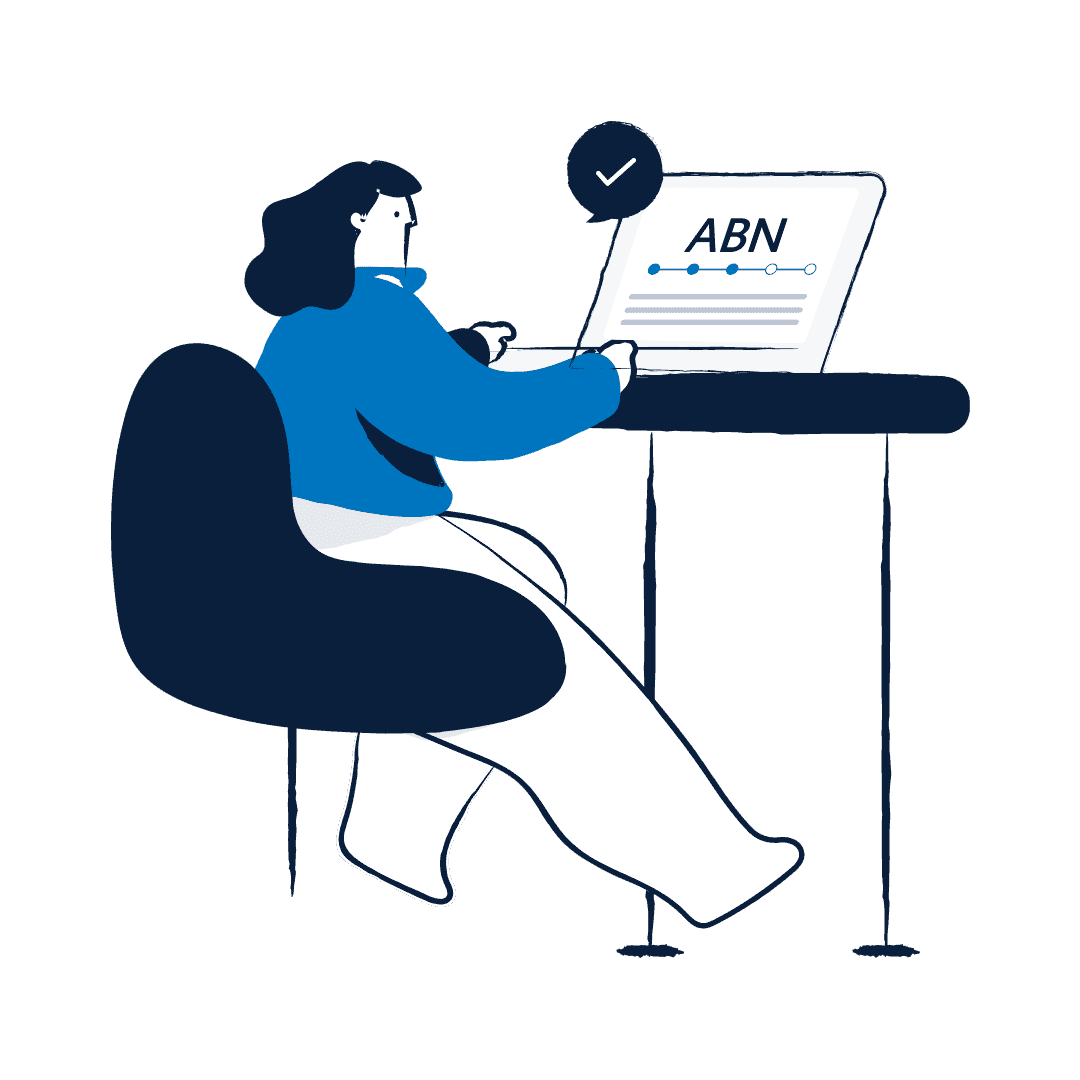Being a sole trader has many benefits such as freedom to be your own boss and choosing your own work hours. However, it can be daunting as you are solely responsible for the businesses financial position. Further, unlike a company structure, you are legally liable for any of the business’ debts. Hence, income protection is crucial. It provides a financial safety net if you experience illness or injury. Read on to find out whether sole traders can receive income protection.
Table of Contents
What is a Sole Trader?
A sole trader is a popular business structure in Australia. Why? Because it is the most cost effective and simplest structure to set up. This is due to the limited legal and taxation requirements. Ultimately, a sole trader is legally liable for all aspects of the business. This includes any debts incurred from day-to-day operations. As a sole trader, you will need an ABN in order to operate. You can register for an ABN here. For more information on sole traders, you can read our guide ‘What is a Sole Trader?‘.

Start your ABN application in minutes!
Need an Australian Business Number to start a casual job? We've got you covered.
What is Income Protection?
You may have heard people arguing the importance of income protection, but what is it? And is it actually necessary? Income protection is a form of insurance. It protects your loss of income if you are unable to work due to illness or injury. Ultimately, it gives you peace of mind knowing you and your family are protected. It also manages your expenses while you are out of work.
Everyone should have income protection. This is particularly important for self-employed people and small business owners who rely on their ability to work. Generally speaking, protection is offered for up to 75% of your wage for a limited period of time. This differs between insurers.
Can Sole Traders Receive Protection?
So, is it possible for sole traders to receive income protection? The short answer is yes. Sole traders are allowed to receive income protection insurance. Although, as a sole trader you are not legally required to take out income protection insurance. With that being said, it is highly recommended you do. This is because sole traders generally don’t have sick leave or workers compensation. Hence, they are not provided with the same safety-net as employees of companies are.
Income protection insurance is often bundled with total and permanent disability insurance. This provides cover if you become completely disabled and unable to work permanently. Generally speaking, income protection premiums are tax deductible.
Things to Consider
So what should you know before getting income protection? You can obtain income insurance from a number of insurance companies. It is worth researching the different policies to ensure you are best protected. When comparing cover options, look into the waiting period (generally 30 to 90 days) before you can make a claim. When selecting your waiting period, be sure to know how much annual and sick leave you have remaining.
It is also worth noting there are usually age limitations to income insurance. Most insurance companies provide income protection policies for people up to the age of 64. Further, you must be an Australian citizen or a permanent resident.
Concluding Thoughts
To conclude, sole traders can receive income protection. It is beneficial for you to obtain this insurance as it ensures a steady stream of income if you fall sick or are unable to work. If you need any advice or assistance, we recommend consulting an Insurance Lawyer.




